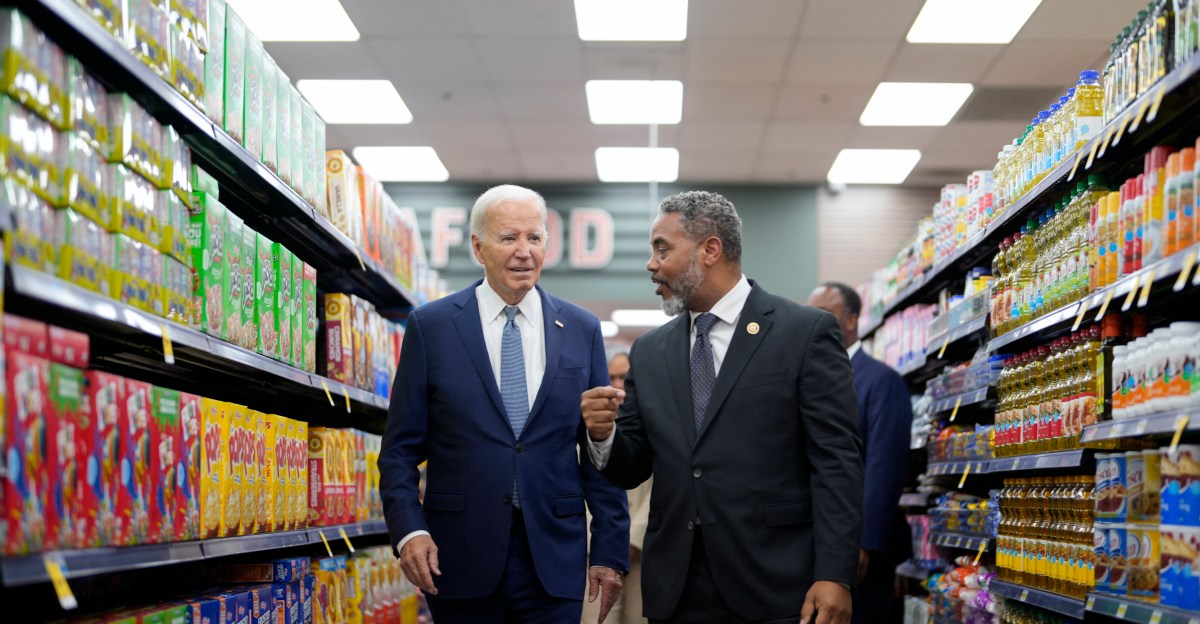What we are reading November 14, 2024

The nation's politics have turned right, but it is not all gloom and doom because here are some of the stories that got our attention this week.
Donald Trump has won — and American democracy is now in grave danger
Trump’s second term poses an existential threat to the republic. But there’s still good reason for hope.

TGI Fridays bankruptcy: Concerns about nearly $50 million in unused gift cards
During the first hearing about TGI Fridays’ bankruptcy process, franchisees had concerns about nearly $50 million in outstanding gift cards.

Why Democrats couldn’t sell a strong economy, in 3 charts
Top-line indicators pointed to cooling inflation and a strong economy. What did Democrats miss?

Embrace the Misery
The world is going to hell. Here’s how to deal with it.

Why Moderators Can’t Protect Online Communities on Their Own
The data on online abuse is sobering: Nearly one in three teens have been cyberbullied and one in five women have experienced misogynistic abuse online. Overall, some 40% of all internet users have faced some form of online harassment. Why have online communities failed so dramatically to protect their users? An analysis of 18 years of data on user behavior and its moderation reveals that the failure stems from the fact that people responsible for moderating online behavior labor under five misconceptions about toxicity, specifically that people experiencing abuse will leave, that the incidence of abuse are isolated and independent, that abuse is not an inherent part of community culture, that rivalries in communities are beneficial, and that self-moderation can and does prevent abuse. These misconceptions drive current moderation practices. In each case, the authors present findings that both debunk the myths and point to more effective ways of managing toxic online behavior.










Comments ()